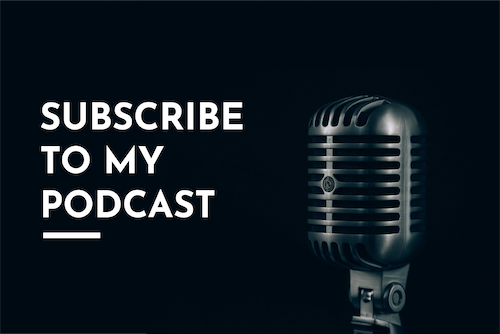
Source Unknown
These, and other questions like them, have been essential in helping my business ideas take shape and produce overwhelmingly positive results. You can create these kinds of results for your own team (and family) by learning how to master this skill.
Over the last month I have communicated to you: 1) the importance of your ordinary, daily conversations, 2) some important do’s and don’ts in formulating powerful questions, and 3) the types of questions that can actually damage your leadership. Today we wrap up this short series on powerful questions by looking at four reasons they pack such power.
HOW THESE QUESTIONS CREATE VALUE
1. They communicate that you value and trust them. When you ask a person what they think about something and then really listen to their answer it says, “you matter.” It builds confidence and connects their heart with yours. Showing them you care about and value what they think also builds a sense of trust.
- What makes this important to you?
- If you were in my position, what would you do?
- What options do you have?
2. They elicit ideas, solutions and viewpoints that were not previously out in the open. We all have thousands of thoughts swimming around in our heads that no one ever hears or sees. Powerful questions draw some of those things out into the open where they can be discussed and evaluated. Creative and innovative solutions or ideas often spring from this kind of conversation.
- If time and money were not a factor, what would you do?
- What is your ideal outcome?
- What would you do if you knew you couldn’t fail?
3. They help the person take responsibility for their situation. There is an interesting dynamic that takes place here if you don’t ask powerful questions. When you begin providing advice and answers, the other person unwittingly and subconsciously transfers responsibility for the outcome to you. If they take your solution and it fails, they will often blame you. If they succeed, they will be back again and again to suck more great answers (and energy) out of you.
By asking questions and allowing them to answer, they take and retain ownership. This is a huge key in developing others, especially to be leaders.
- What will you do next?
- How could you overcome that obstacle?
- How can I support you?
Note that in that last question I used the word “support” instead of “help.” This is very purposeful. “Help” creates the image of me taking something from them. Support creates the image of me coming alongside them in their ability to complete what is assigned to them.
4. They help them gain clarity. When you ask powerful questions it enables the other person to articulate what they are thinking. The iterative process of you asking powerful questions and them answering helps them bring form and shape to ideas that may be nebulous or ambiguous in their minds. The back and forth interaction leads to an increasingly refined answer that is crystal clear to both of you.
- What would it look like six months from now if you were successful with this?
- What does resolution look like to you in this situation?
- Say more about that.
I know the last one is not technically a question, but it acts as one. It is a powerful invitation to expand on what they have just said. If you make assumptions at this point and ask questions that are too narrow, you can short-circuit the full potential for the conversation.
THREE QUESTIONS TO HELP YOU GET STARTED
As always it is important to put things into action right away. Here are some questions for you to work through so that you can begin implementing this new skill today.
1. What person would you most like to further develop?
2. What opportunities or obstacles could you discuss with them that would create the opportunity for you to practice asking powerful questions?
3. When will you meet with them?
Question: What question will you ask? Share your answer in the Comment section.
If you haven’t already, subscribe to my blog right now and receive, as my thank you gift, a copy of, “Six Ways to Overcome Being Overwhelmed.”






1 Comment